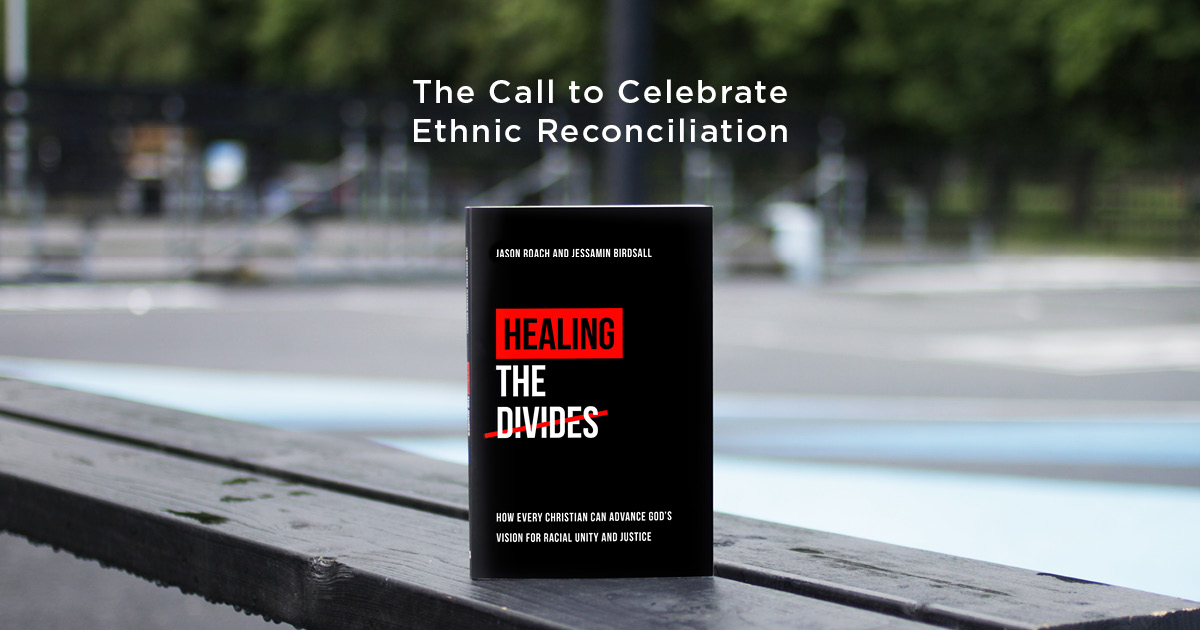
I will never forget my wedding day. The copious amounts of chocolate cake; walking into the venue to see pictures of me in school uniform that I thought I had destroyed. But mostly, you’ll be glad to hear, what made the day memorable was the woman that I married.
Rachel’s background is in some ways very different to mine. She grew up in an all-white clergy household in the north-east of England and then spent time in the Middle East. I grew up in an all-Black household in south-east London. But our wedding day was a miniature picture of what God is doing in the history of the universe: bringing all kinds of people together to delight in his Son.
Whatever differences Rachel and I had, they pale in comparison with the differences between the protagonists of one of the Bible’s greatest love stories: Ruth and Boaz. Ruth was a Moabite woman who had arrived in Bethlehem with her deceased husband’s mother, destitute and in despair. Boaz was an upstanding and wealthy Israelite man. To grasp the weight of the differences between them, you need to know that generations earlier the Moabite people had tried to curse the Israelites and had then led them astray by encouraging them to worship false gods (Numbers 25). Because of this, God had declared:
No Ammonite or Moabite or any of their descendants may enter the assembly of the Lord, not even in the tenth generation ... Do not seek a treaty of friendship with them as long as you live (Deuteronomy 23:3, 6).
Their wedding—and mine and Rachel’s—pointed forward to a future where people of all cultures and colours will be part of the family of God through their marriage to the Lamb who was slain: the Lord Jesus Christ.
Given this history between the two nations, the climax of the book of Ruth is one that we shouldn’t see coming: Ruth and Boaz get married. How was that possible? Because Ruth had come to seek refuge in the God of Israel, and no one who does so is turned away. In doing so, she was reconciled to the people of God. Ruth and Boaz’s wedding day served as a preview of the radical reconciliation God intended to bring about through his Son—a Moabite marrying an Israelite so that the Messiah, who would descend from this couple, would be intimately connected with Moabite blood.
Their wedding—and mine and Rachel’s—pointed forward to a future where people of all cultures and colours will be part of the family of God through their marriage to the Lamb who was slain: the Lord Jesus Christ (Revelation 19:6-9; 7:9).
It may be that you’ve never heard the book of Ruth described along these lines. Despite the fact that the writer is at pains to point out Ruth’s ethnicity (the phrase “the Moabite” occurs five times and “Moab” seven times in the book’s four chapters), its importance from an ethnic perspective, at least in the preaching that we have heard, is often missed in British churches. I include my own preaching on Ruth as one of the culprits!
It is as if some strands of the church have been conditioned to see these details as less relevant to the grand narrative of salvation. However, ethnic reconciliation is one of the key fruits that God intended to make manifest through the gospel—in the book I co-authored with Jessamin Birdsall, Healing the Divides, we’re going to celebrate it fully.
This article is an extract from Healing the Divides By Jason Roach and Jessamin Birdsall which helps readers find ways to advance God’s vision for racial unity and justice. Get your copy of this book (available in paperback and ebook) here.